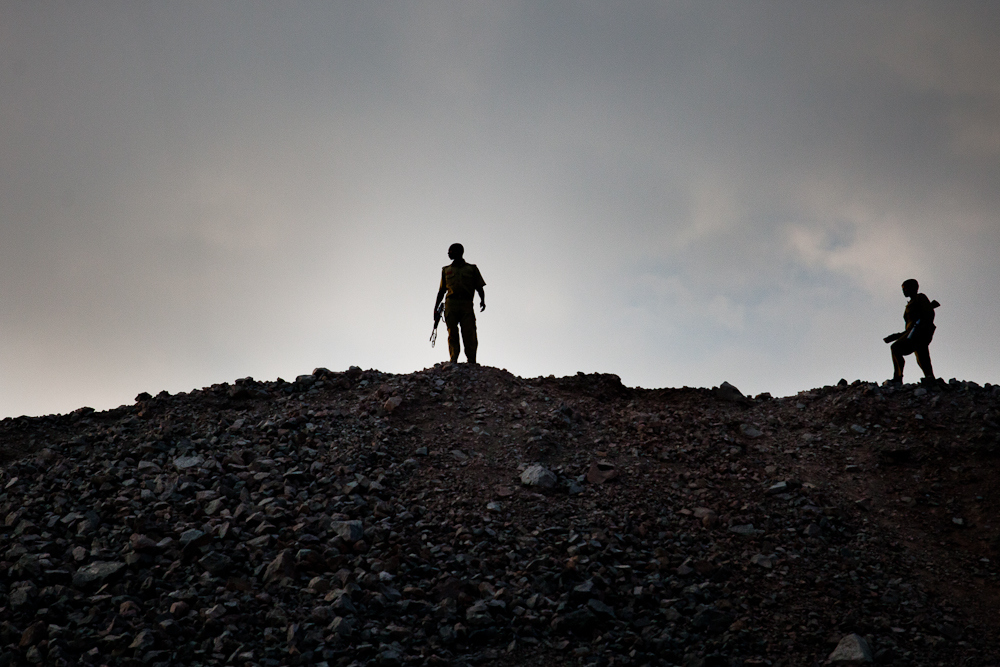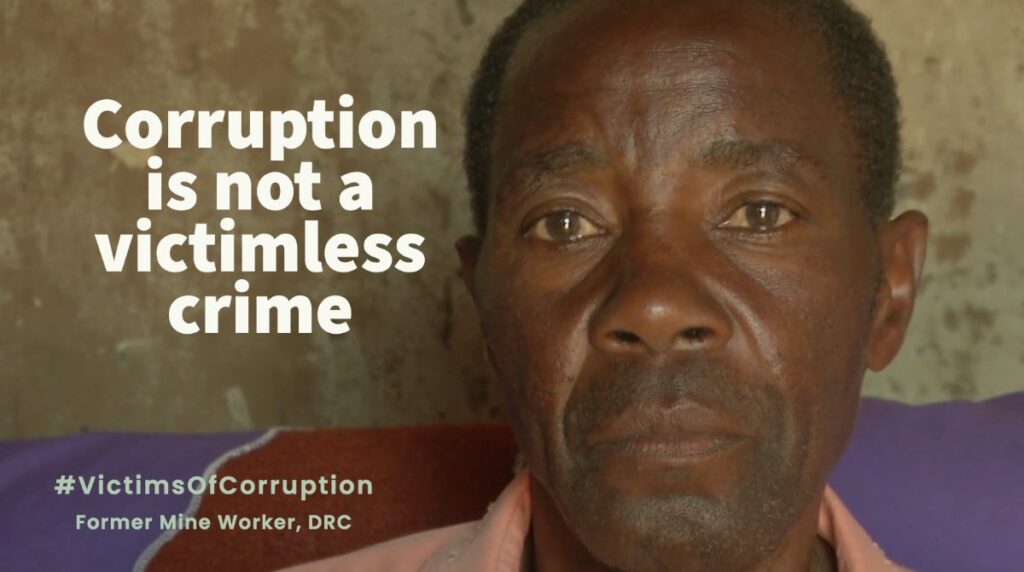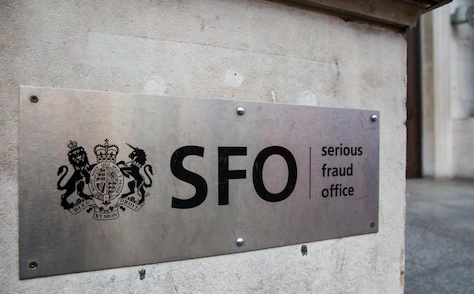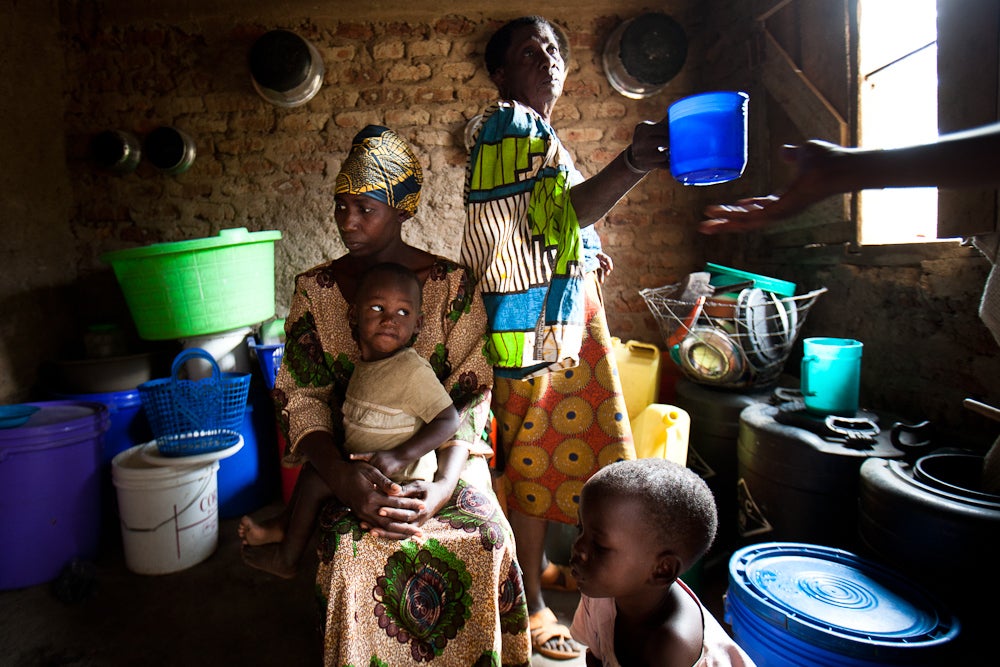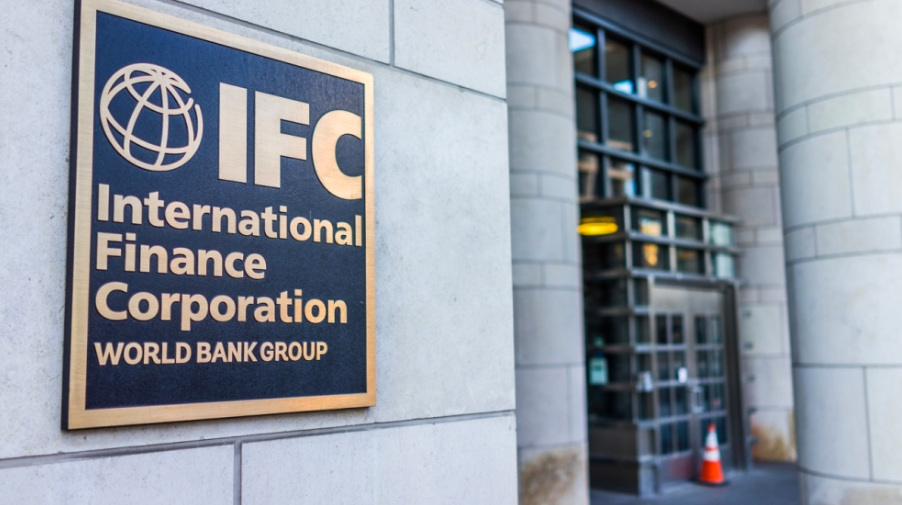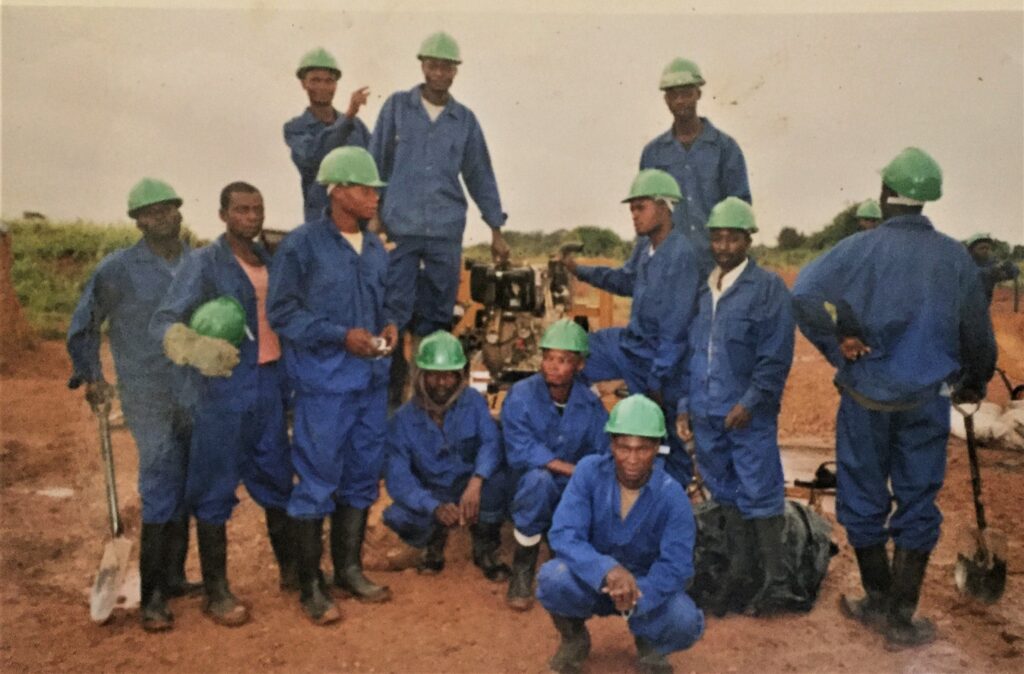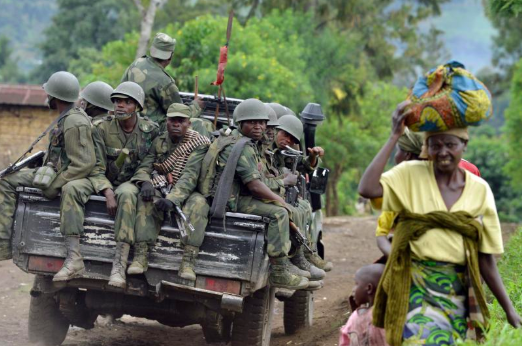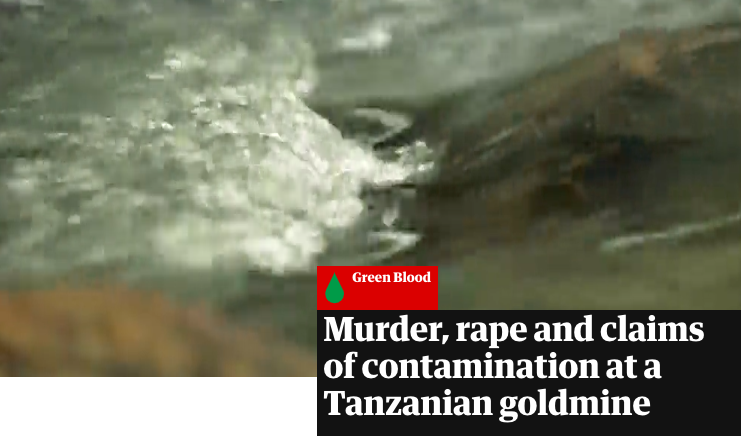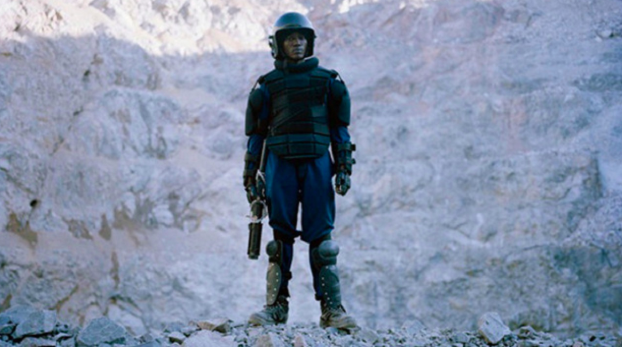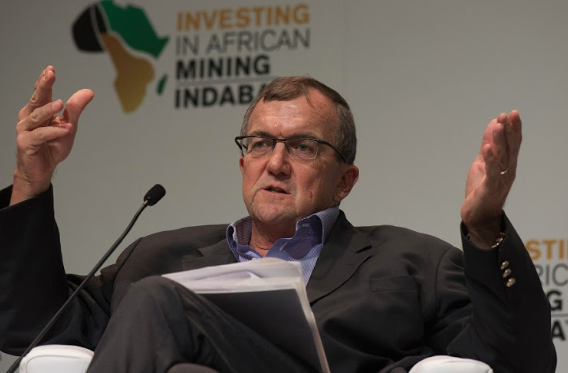The claim was issued against Barrick Tz Limited, formerly known as Acacia Mining, of which Barrick was the majority shareholder. Majority owned subsidiaries of Barrick have operated the troubled Tanzanian gold mine from 2010 until 2019. In 2019 Barrick bought out the minority shareholders of Acacia, delisted the company from the London and Dar es Salaam Stock Exchanges and took it back under its control.
Category Archives: Uncategorized
Today, a first group of 16 residents from the Democratic Republic of Congo stepped forward as potential victims in the Serious Fraud Office’s corruption investigation into Kazakh multinational mining company, Eurasian Natural Resources Corporation (ENRC). UK corporate watchdog, RAID, said it expected more to join.
Last week’s announcement by the UK Serious Fraud Office (SFO) that it is investigating suspected bribery at international commodity and mining giant Glencore Ltd and its associates has elated anti-corruption campaigners. Today, on International Anti-Corruption Day, is a moment to welcome this bold move by the SFO which follows concerns expressed for years by civil society groups about Glencore’s conduct in the Democratic Republic of Congo.
Mark Bristow, CEO of the world’s largest gold miner, Canadian company Barrick Gold, has finally secured one of the mines he has long coveted. Bristow has been lauded for orchestrating Barrick’s takeover last month of London-listed Acacia Mining plc, which ensures direct control over Acacia’s prized North Mara gold mine. Yet Bristow’s challenges in Tanzania are only just beginning. How he will resolve the toxic combination of serious human rights abuses and deep discord with North Mara’s local communities will be the real test of his leadership.
The World Bank Group’s private sector arm, the International Finance Corporation (IFC), forfeited its right to an estimated $50 million in compensation following corruption on its investments in the Democratic Republic of Congo by notorious Israeli businessman, Dan Gertler.
Ten years ago, 700 workers at the Kingamyambo Musonoi Tailings (KMT) mine in Kolwezi, Democratic Republic of Congo, were ordered to stop their work. They downed their tools, stopping trucks in the middle of the road and leaving pipes half cut, and gathered at the gate. A company official addressed the confused crowd telling them the cobalt and copper mine was being forced to close. The Congolese government had unlawfully stripped First Quantum Minerals, a Canadian company which owned the mine, of its license. The workers no longer had jobs.
In June and July soldiers in the Democratic Republic of Congo marched on two of the country’s main copper and cobalt mines – China Molybdenum’s Tenke Fungurume and Glencore’s Kamoto Copper Concession. Their objective was to remove large numbers of artisanal miners who had entered the mining concessions to protest against the government’s failure to provide regulated artisanal mining zones where the miners could work.
On 26 June 2019, Acacia Mining Plc issued a press release in response to articles published by the Guardian and other Forbidden Stories journalists on the human rights situation at Acacia’s North Mara gold mine in Tanzania. Acacia asserts that these articles are ‘misleading’ which it partly attributes to publications by RAID. We take this opportunity to address Acacia’s inaccurate response.
Ahead of its Annual General Meeting on June 13, UK gold mining company, Acacia Mining, is facing increased pressure to address human rights concerns at its North Mara gold mine in Tanzania and to suspend the company’s problematic grievance process.
Participants at the Africa Mining Indaba in South Africa, the largest mining investment conference in Africa, should act to address justice and compensation for harm to individuals and local communities as a result of their activities, said RAID, a UK based watchdog that exposes corporate human rights violations in Africa.

